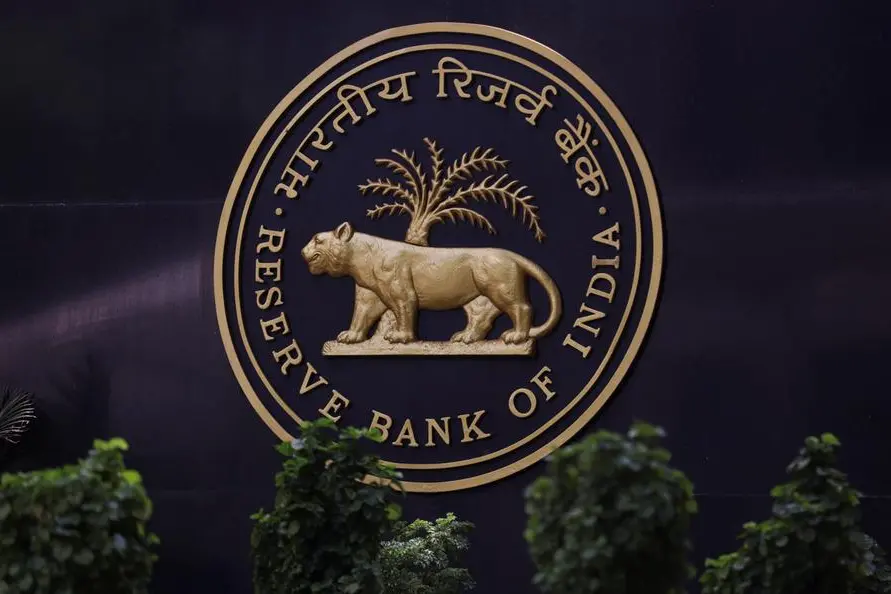PHOTO
India's central bank could restart its rate increases if Brent crude oil rises and stays above $110 per barrel, widening the country's current account deficit and hurting the rupee, Morgan Stanley said in a note on Sunday.
"Sustained higher oil prices would... mean that the current account deficit would likely widen to beyond 2.5% of GDP - the comfort zone," economists at Morgan Stanley said.
Morgan Stanley estimates that every $10 rise in oil prices pushes up India's inflation by 50 basis points, assuming the higher costs are passed on to consumers, and widens the current account deficit by 30 basis points.
India's interest rate-setting panel hiked the policy repo rate by 250 basis points between May 2022 and February 2023 to combat inflationary pressures in the economy.
It has since held the rate steady at 6.50% but has said it remains focused on lowering inflation to the 4% target.
The central bank projects inflation at 5.4% in fiscal year 2023-24, basis an average crude oil price of $85 in October-March.
The Brent crude oil contract is currently trading near $85. India is one of the more exposed economies in Asia to higher oil prices, with an oil trade balance of -2.6% of GDP.
The ongoing war between Islamist group Hamas and Israel poses one of the most significant geopolitical risks to oil markets.
Morgan Stanley expects oil prices to rise to $95 per barrel in October-December, but then to decline into 2024.
If crude oil prices sustain around $95 per barrel, the impact on India's macro stability would be "manageable" but the upside to inflation would likely mean a delay to the central bank's "shallow" rate cut cycle, Morgan Stanley said.
The investment bank had earlier said it expects the Reserve Bank of India to start cutting rates at the beginning of April-June next year. (Reporting by Siddhi Nayak; Editing by Mrigank Dhaniwala)





















